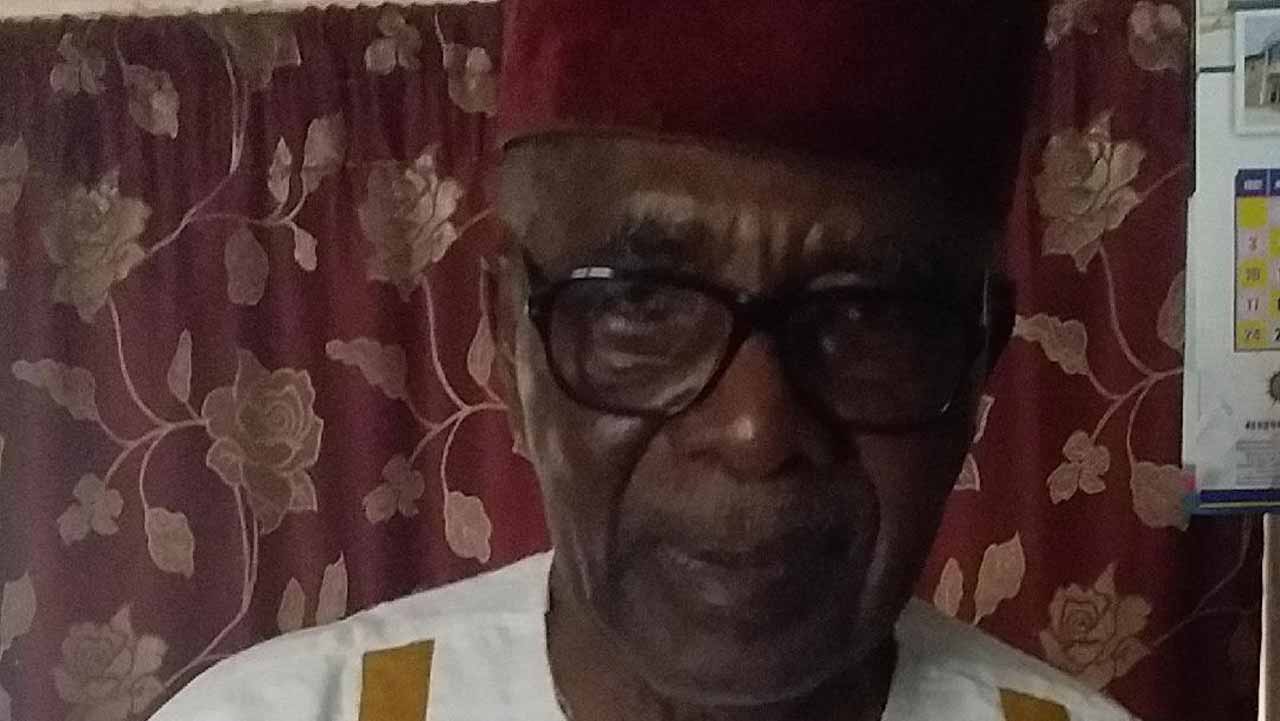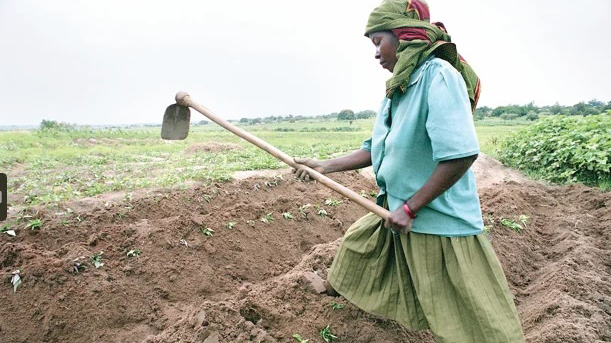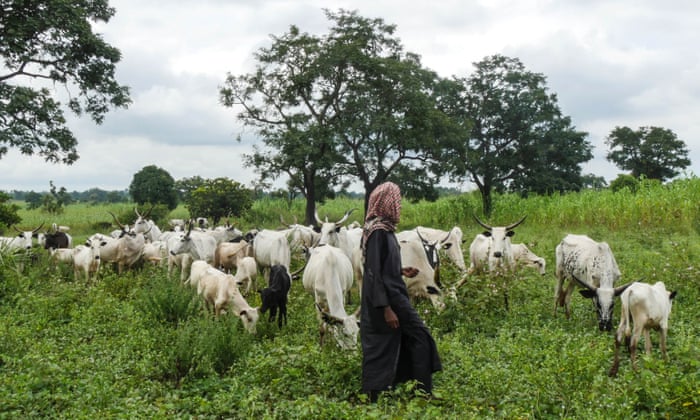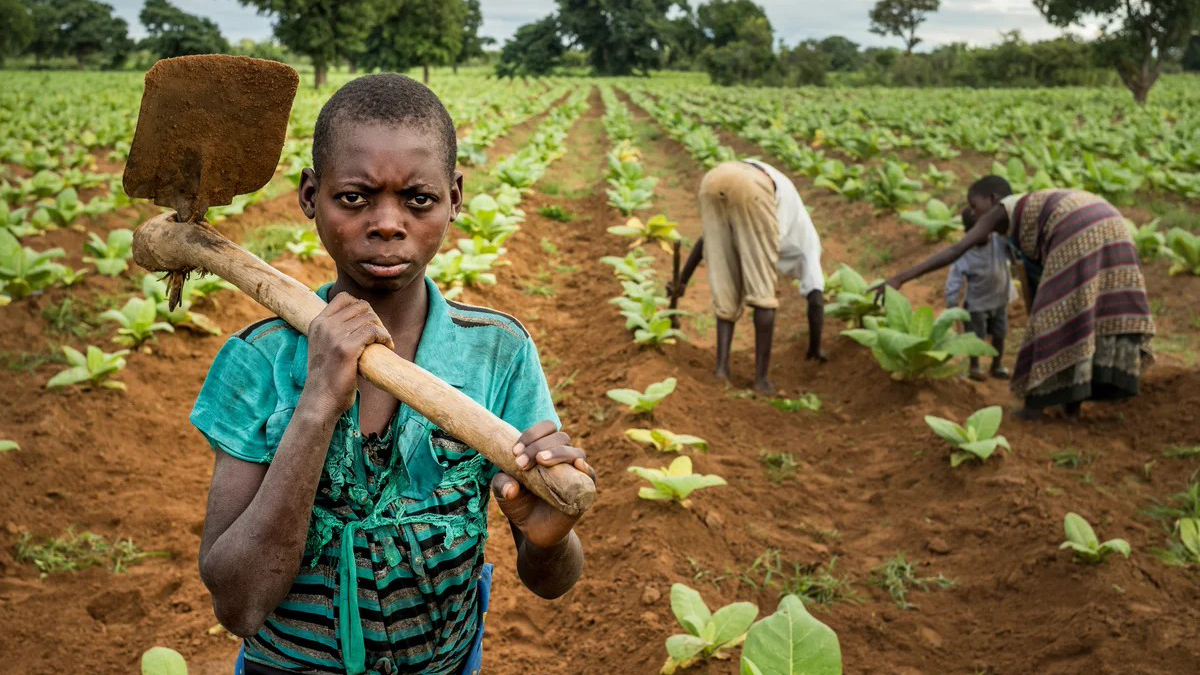
The over 80-year-old Dr Oluremi Atanda is a geneticist and plant breeder, former Executive Director of Forestry Research Institute of Nigeria (FRIN). He is a former World Coordinator, Cocoa Geneticists and Breeders Working Group. He spoke with FEMI IBIROGBA, Head, Agro-Economy, on the way forward for the country on agriculture, particularly cocoa production and its value chain.
How can Nigeria revive cocoa production and match up with countries like Ghana and Ivory Coast?
Prior independence, cocoa was the highest foreign exchange earner for entire Nigeria to the extent that the Old Western Region, then from Lagos to Asaba, was lending money to the Federal Government.
Apart from that, we were at worst, second to Ghana in production. Cote d’Ivoire that is now the highest producer in the world was nowhere near Nigeria. Then we had visionary leaders, not necessarily people with Ph.Ds. degrees and the likes but who, when we look at their ages, we are surprised that they could be so strategic. How old was Awolowo then? How old was Sardauna? Nnamdi Azikwe was the oldest.
At that time, every region was to itself. Each region kept 50 per cent to itself and 50 per cent derivation to the Federal Government. That enabled visionary leaders in the region relatively. I take the old Western Region for example. They are there even today; even the visual things you can readily see. The Cocoa House, Liberty Stadium, first television station in the whole of Africa, University of Ife, and other achievements. When you establish a university, you know a lot of things that come with it. At that time. They made use of sophisticated research.
As a matter of fact, Cote d’Ivoire, which is the largest producer of cocoa, came to learn from us. One D.J Jacob and I, Oluremi Atanda, were the people who taught the Ivorian team the nitty-gritty of cocoa cultivation, from seedling planting to production. Kenya also came to learn cocoa production from us.
We had a cocoa board. It was a great institution. I am not saying they were perfect, but it was great to get things moving. Now, it is saddening and unbelievable that Cote d’Ivoire that we taught in 1964 to 1968 now surpass us in cocoa production. When the issue of review of salaries came, everybody was gradually moving from the farm to the city. And at the end of it, the rural-urban migration created a problem. It was easy to make money in cities than going to the farm except the peasant farmers who regarded farming as a way of life. And at that time, the members of the family became automatic farmers but when oil came, there was a complete summersault. Children gradually left villages to towns with only a few people left to farming.
The cocoa plantations at that time needed maintenance, but the government did not make use of research finding enough after the oil boom. I predicted that the downturn of the Nigerian economy is self-inflicted. Eventually, the oil boom turned oil doom.What aided the farmers leaving the farm was CSSV, a cocoa virus. Ibadanland to Ife was prone to that cocoa virus disease. They were not attended to. The farms were not maintained. To maintain, you can prune, and do other things. That time, cocoa earning was over 60 per cent of the Nigerian foreign exchange. The change of government disrupted everything. Then came the civil war. So, the military regimes concentrated more on oil, but ignored almost every other thing.
The people we met as permanent secretaries in the ministries of agriculture were committed, but when they left, cocoa did not receive attention. As of that time, cocoa research on breeding was at its best. People were coming to us from all over Africa. Though we were complaining of having no adequate research equipment, those of us who were versatile found ways of doing things. I will say, most importantly, it was oil that disrupted cocoa production.
Having realised that, will you recommend the re-introduction of a cocoa board?
Honestly, if it is a cocoa board modified in line with the economic realities, I will recommend it. With that, we have a body that will take your crop at a reasonable price even when the price of cocoa is at its lowest ebb.
You also mentioned that 50 per cent derivation was retained and 50 sent to the federal purse. Are you also advocating that now?
When I was at the constitutional conference in 1994, at my maiden speech, I said agriculture was renewable but oil was wasted.Derivation was a sensitive item, but it was there. We said we should emphasise making the cake, but sharing of oil proceeds was the preoccupation of many. As of that time, oil producing states were receiving only one per cent of the oil proceeds.Then I was at the Revenue Allocation Committee, and I asked each state to suggest the percentage. The highest we had from the northern states was seven per cent while we had as high as 80 per cent in the south. We plotted a graph, and we arrived at 13 per cent derivative. It was the late General Sheu Yar’Adua that intervened when the committee almost locked horns.
So, what are the ways to revive cocoa production?
A serious government should have learnt a lesson when the crude oil price came to the lowest. When they said cocoa revolution, the problem was that they did not look at what had been done on cocoa improvement. And what is important in cocoa is the number of seeds and the weight of the dry matters.One of the problems is the instability of cocoa workers. What is important in cocoa is the weight of its dry matters. Soil is a problem. Cocoa will not produce well if the land has been used and overused without adding fertiliser. Fortunately, cocoa does not need too much fertiliser. So, the problem is that people drifted away from the farm. Cocoa price is now going up, and up till now, cocoa is the second largest foreign exchange earner.
Cashew and oil palm were in the same category of high foreign exchange earners. How can we revive them?
Let there be diversification of the use of cocoa. One Dr Okunnuga was making cocoa wine. He made millions of naira. The government should harness the experiences and resources of old researchers.






